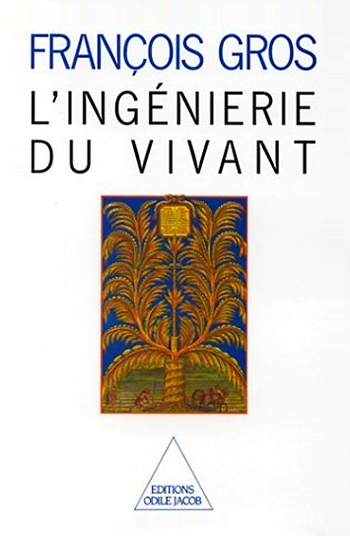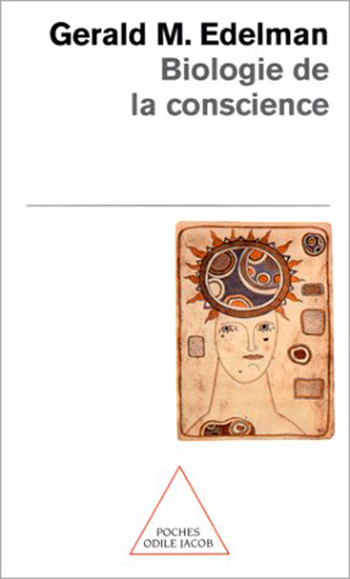Results for the keyword biology
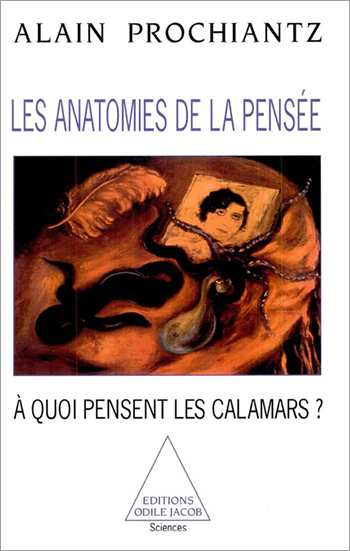
Alain Prochiantz
The Anatomies of Thought What do squid think about ?
When we watch a squid facing up to a predator, we see it recoil, agitate the tentacles, spray a jet of ink, and then make use of the temporary blindness of the predator in order to escape to a safe hiding place. Are we able to say what it is thinking ? Evidently, we know that this behaviour is not the result of a reflex unleashed by the sight of an enemy. The mollusc is not however conscious of its acts, at least not in the sense that we, as human beings, understand this term. It is true that we are the product of a evolution of species, and that, although this may not be welcome news for everyone, we share a common ancestry with the octopus, or even the fly. Even if the structure of our cortex, and the invention of language allows us to write about octopuses (or flies), and not the other way round, the fact remains that these evolutive roots, in the same way as other animal species, including invertebrates, have something to teach us about the nature of our thoughts. Alain Prochiantz
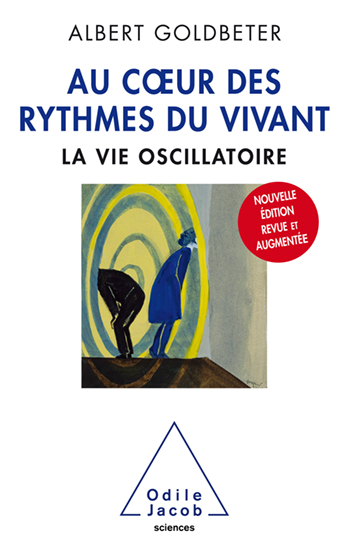
Albert Goldbeter
At the Heart of Life Rhythms Oscillating Life
A thorough review of all the mechanisms that regulate the principal life rhythms. In a jargon-free style this book examines the origin of various types of oscillation and shows what unites them, beyond their specific mechanisms.
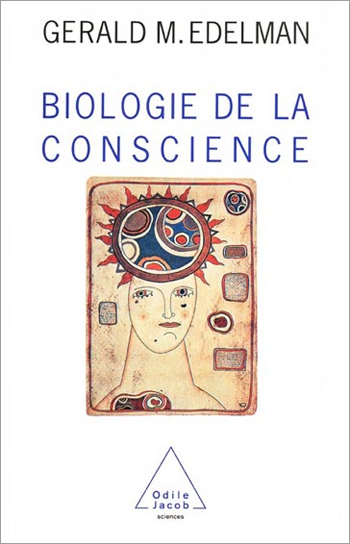
Gerald M. Edelman
The Biology of Consciousness
How do we think? What makes us beings that are endowed with conscience, capable of memory, of perceiving the surrounding world, of feeling passion? This book presents an ensemble of mechanisms that compose the human spirit and addresses the progress of the neuroscientific revolution: the biology of the brain and the study of its evolution are in the process of surrendering to us the key to conscience itself. Gerald. M. Edleman, winner of the Nobel Prize for medicine, heads the Institute of Neurosciences at La Jolla, California.
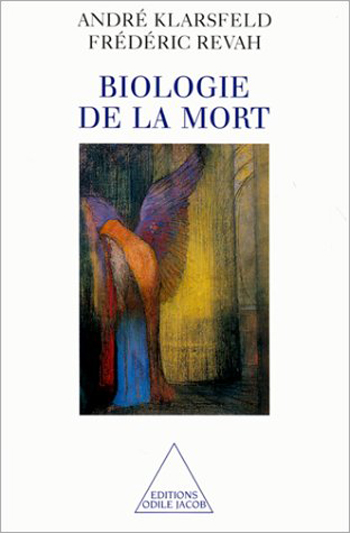
André Klarsfeld, Frédéric Revah
The Biology of Death
Why are most living organisms condemned to die a natural death, even if they are in a well-protected and highly favourable environment ? Is death a "useful" biological process or does it not correspond to any natural necessity ?
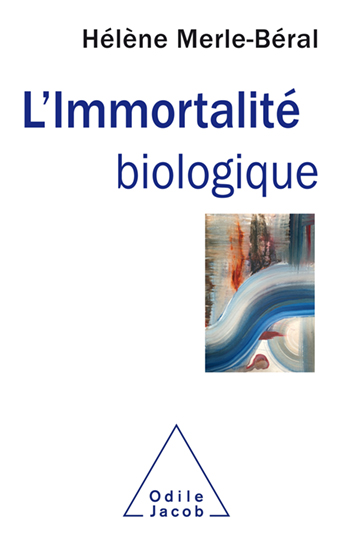
Hélène Merle-Béral
The Biology of Immortality Who wants to be immortal?
Immortality is no longer what it used to be. This brief history introduces the proponents and the implications of it. Life can be prolonged; medical science is constantly proving this; but it cannot thwart the great laws of biology.


